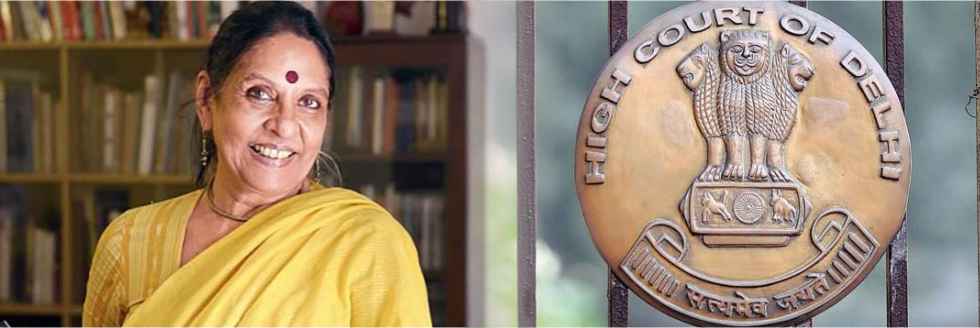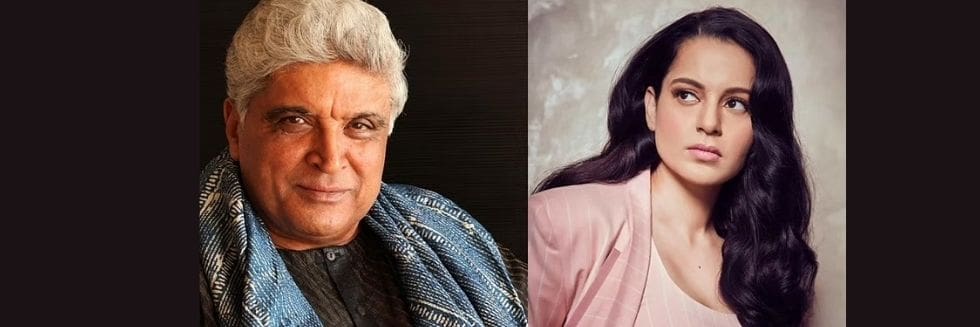Supreme Court on Tuesday set aside the Jharkhand High Court order convicting a man under Section 498A of Indian Penal Code even after both the parties have resolved their matrimonial dispute.
In the present case, the husband was convicted under Section 498A of the Indian Penal Code, 1860. He was sentenced to the simple imprisonment of three years. Session judge had dismissed his appeal.
The appellant moved a revision petition before the Jharkhand High Court. While the appeal was pending before the High Court, the husband was dismissed from his military service due to his conviction under Section 498A. Later, both the parties submitted a joint application stating that with the intervention and advice of family members, common relatives and friends, they had entered into settlement and resolved all their disputes.
“After taking note of the submissions of the parties that they had resolved the marital discord and were residing together while enjoying a happy conjugal life, indeed observed that continuance of the proceedings might lead to disharmony but then, merely ordered modification of sentence to the period of imprisonment already undergone by the appellant while affirming his conviction,” the order stated.
In the top court, it was argued that whether the High Court bench has erred into setting aside the order of conviction altogether by ignoring the genuine settlement of the matrimonial disputes by the parties.
The apex court bench comprising Justice Dinesh Maheshwari and Justice Vikram Nath noted, “Maintaining of conviction of the appellant of the offence under Section 498-A IPC would not be securing the ends of justice. With such conviction being maintained and the appellant losing his job, the family would again land itself in financial distress which may ultimately operate adverse to the harmony and happy conjugal life of the parties.”
The bench went on to add, “Taking note of the object of Section 498-A IPC, the expected approach of the High Court in the event of bona fide settlement of disputes had been duly exposited by this Court in the case of B.S. Joshi and Others v. State of Haryana and Another: (2003) 4 SCC 675, where this Court has underscored the duty of the Court to encourage the genuine settlement of matrimonial disputes.”
“In the aforesaid view of the matter, and taking note of the terms of settlement as stated in the application moved before the High Court which include the undertaking of the appellant that he would be nominating the respondent No. 2 as the nominee in his service record; and where the parties are said to be leading a happy conjugal life, we are clearly of the view that the High Court should have accepted the settlement and quashed all the proceedings with annulment of the orders against the appellant. The High Court having not done so, we are inclined to adopt this course so as to secure the ends of justice,” the bench observed and allowed the appeal.






